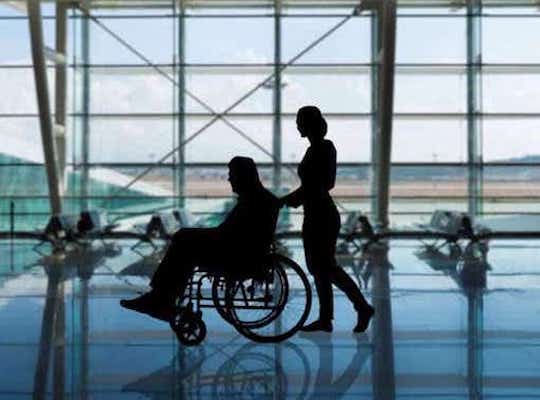Leading International PSP and CBD Experts Convene at Neuro2024, Highlighting Impact of Collaboration in the Field
Nov 26, 2024 Oscar Sullivan
Rare disease research took another step forward as leading experts and industry professionals gathered in Toronto from October 24–25 for Neuro2024: The PSP and CBD International Research Symposium. Hosted by CurePSP in partnership with the Rossy PSP Centre at University Health Network at the Krembil Brain Institute, part of the University of Toronto, the annual symposium reached a new level of engagement between researchers, clinicians and industry professionals, with a sold-out crowd and a record number of poster presenters.
The well-rounded program, featuring presentations on the latest in biomarkers, epidemiology, genetics and more, underscored the growing collaborations that seek to capitalize on this new momentum. GemVax, a leading Korean biotech company and sponsor of Neuro2024, unveiled the results of a PSP clinical trial that showed enough evidence to continue pursuing GV1001, an investigational peptide drug, as a therapeutic for PSP. The diverse list of sponsors indicated the growing interest from biotech companies in PSP and CBD, which included Life Molecular Imaging, the Rainwater Charitable Foundation, the Association for Frontotemporal Degeneration, Ferrer and Amylyx Pharmaceuticals. The conference also featured a record 66 posters with results from early career researchers, established investigators and industry partners presenting on basic science and drug development.
The Rossy PSP Centre was established five years ago thanks to a generous donation from the Rossy Foundation and has since emerged as a key partner to CurePSP due to its dual structure that includes a cutting-edge research branch and a comprehensive clinical branch. Considering that PSP was first described as a unique symptom in Toronto sixty years ago by three scientists: John Steele, J Clifford Richardson and Jerzy Olszewski, the symposium was a powerful display of the progress that research has made in a relatively short period of time. Dr. Anthony Lang, head of the Rossy PSP Centre, remarked on the enthusiasm and scope of intensive science shared at the conference that few could have predicted sixty years ago.
“We’re finally beginning to see the pendulum moving in neurodegenerative diseases, with Alzheimer’s leading the field,” Dr. Lang said. “The preliminary evidence we see in Alzheimer’s has us quite hopeful with respect to diseases like PSP.”
CurePSP and the Rossy Centre’s holistic approach to research and care was reflected in the conference, with an emphasis on the growing patient perspective in research. Dr. Lang reflected on the profound influence that the patient experience has on physicians, healthcare providers and researchers. He shared how witnessing the “remarkable strength of the human spirit” leaves a lasting impression on professionals, inspiring them to pursue their work with even greater dedication and empathy. Both days featured remarks from people who have been personally touched by these diseases, including CurePSP Board Chair Jack Phillips and Vice-Chair Amy Branch, indicating the necessary intersection of care and research for future discoveries. Clare Running, a care partner for her husband who’s living with PSP and receives treatment at the Rossy Centre, offered powerful words on the transformational impact that a strong support system can have on managing these diseases. She encouraged those affected to be curious and proactive, seeking information to better inform their own caregiving situation.
“I’ve learned that things aren’t going to happen unless you make them happen,” Running said. “You’ve got to go out, research, talk to people and do whatever you can to gain the knowledge that you need to take care of your loved one.”
The two-day symposium featured presentations by numerous leading researchers, including CurePSP Scientific Advisory Board Members and Centers of Care leaders. Many attendees shared the growing sentiment that PSP and CBD are more prevalent than expected, and hope to recruit that untapped population into upcoming research and clinical trials. Dr. John Crary, a researcher and neuropathologist at the Icahn School of Medicine at Mount Sinai, relayed his amazement upon learning that the prevalence of PSP in a clinical trial led by Dr. Tom Beach, director of neuroscience at Banner Sun Health Research Institute, was ten times higher than expected, underscoring how underappreciated PSP is in the research world.
In addition to the presentations, the conference was marked by numerous conversations between researchers who convened from all over the world, exchanging ideas and imagining new ways to work together. A critical topic that has the potential to open the floodgates of future discoveries is the identification of a biomarker. Dr. Maura Malpetti, a researcher at the University of Cambridge who is pursuing a blood-based biomarker through the CurePSP Pipeline Grant program, felt energized by her conversations with colleagues on the wide-range of potential fluid, skin and imaging biomarkers that have developed rapidly in the past few years. These sorts of discourses will be essential to future discoveries — Dr. Gabor Kovacs, the Co-Director of the Rossy Program for PSP, described the process in which collaboration will accelerate progress.
“We are working with different methods, but if you look from above, these methods produce results which are converging,” Dr. Kovacs said. “I feel that we are closer than people think to solving the central puzzle.”
Researchers look forward to bringing the latest scientific insights and patient perspective back to their labs. Dr. Blas Couto, a researcher at the Institute of Translational and Cognitive Neuroscience (INCyT) in Buenos Aires who is developing a research-ready biobank and database through the CurePSP Pathway Grant program, says he feels grateful to be working with the patient community, as they “teach [researchers] every day.” Given that patients may not be able to detail their full experience in relatively short consultations, he appreciates the continued input that they offer, which he calls “educational” and “nourishing.” Dr. Crary also noted how only humans develop PSP; they are not naturally found in other animals and thus no natural models exist.
“We really rely on patients to participate in the studies,” Crary said. “Brain donation is the ultimate gift, but in addition to that the data from cerebrospinal fluid, blood samples and consistent assessments is so valuable and the only way we know that we’re on the right track.”
For CurePSP, which has already funded a record $1.2 million in research in 2024, the symposium was a fitting way to cap off a productive year. The increased interest in investment from biotech companies has brought new enthusiasm to the field, and Dr. Jennifer Brummet, associate director of scientific affairs and partnerships at CurePSP, is excited to see results from across the research spectrum, including basic laboratory science and clinical research. She says that these results reflect a “strong pipeline of research” that will “lay the groundwork for future clinical trials.” Given that there are no approved treatments or cures for PSP or CBD, a strong foundation of research alongside industry partnerships are essential to progress for the CurePSP community.
Researchers will build on these findings before reconvening in London for the Tau Global Conference, scheduled for April 24–25, 2025. The event will bring together three major Tau-focused conferences (Global Tau, EuroTau and CurePSP Neuro), and is hosted by the Alzheimer’s Association, CurePSP and the Rainwater Charitable Foundation. This conference plays a critical role in bringing together interdisciplinary researchers and perspectives to move tau research forward. For researchers attending Neuro2024, the Tau Global Conference will provide a valuable opportunity to share and advance their work within the growing collaborative network.
Join our email list
Get the latest news and resources
directly to your inbox.
Get the latest news and resources directly to your inbox.
Sign Up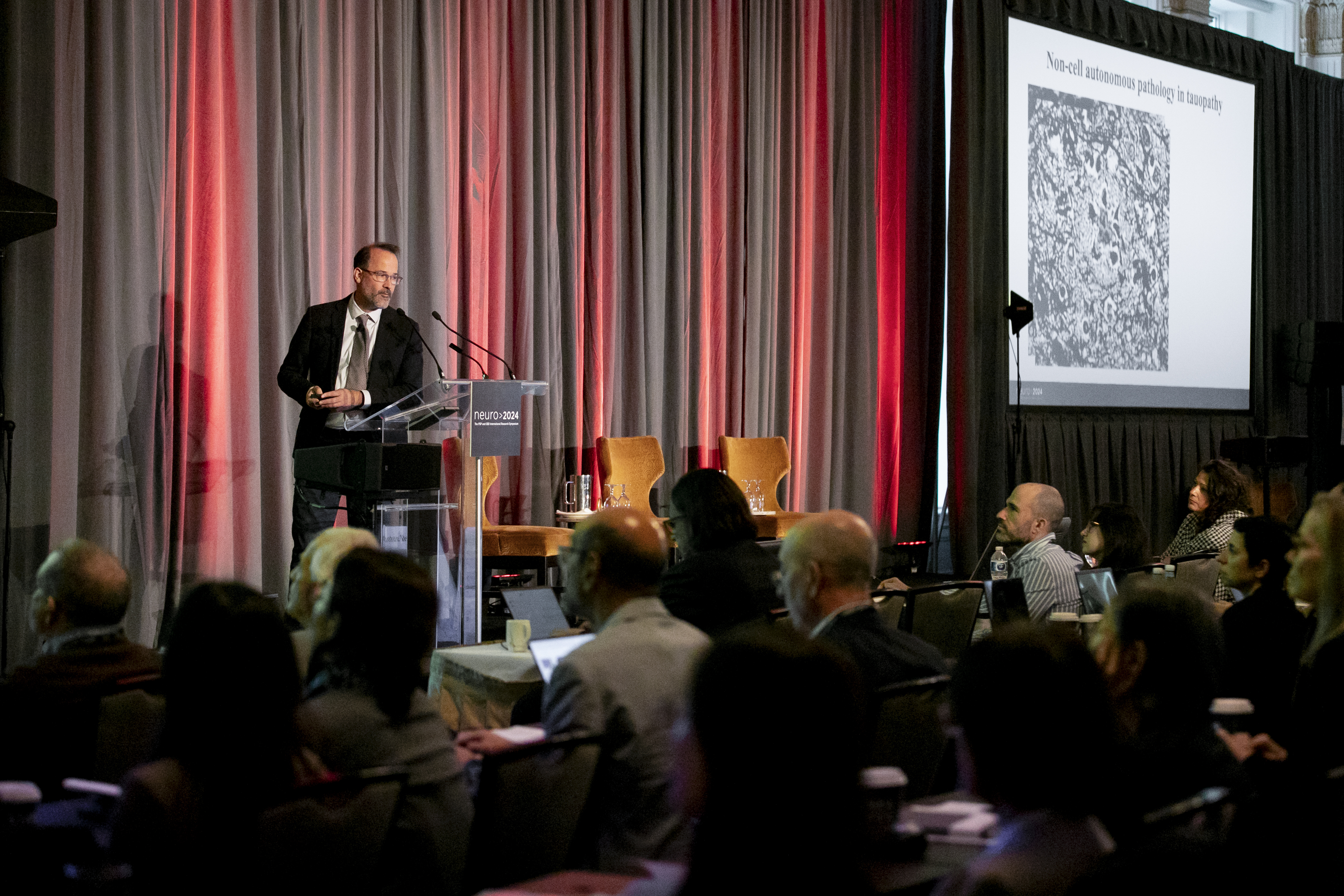
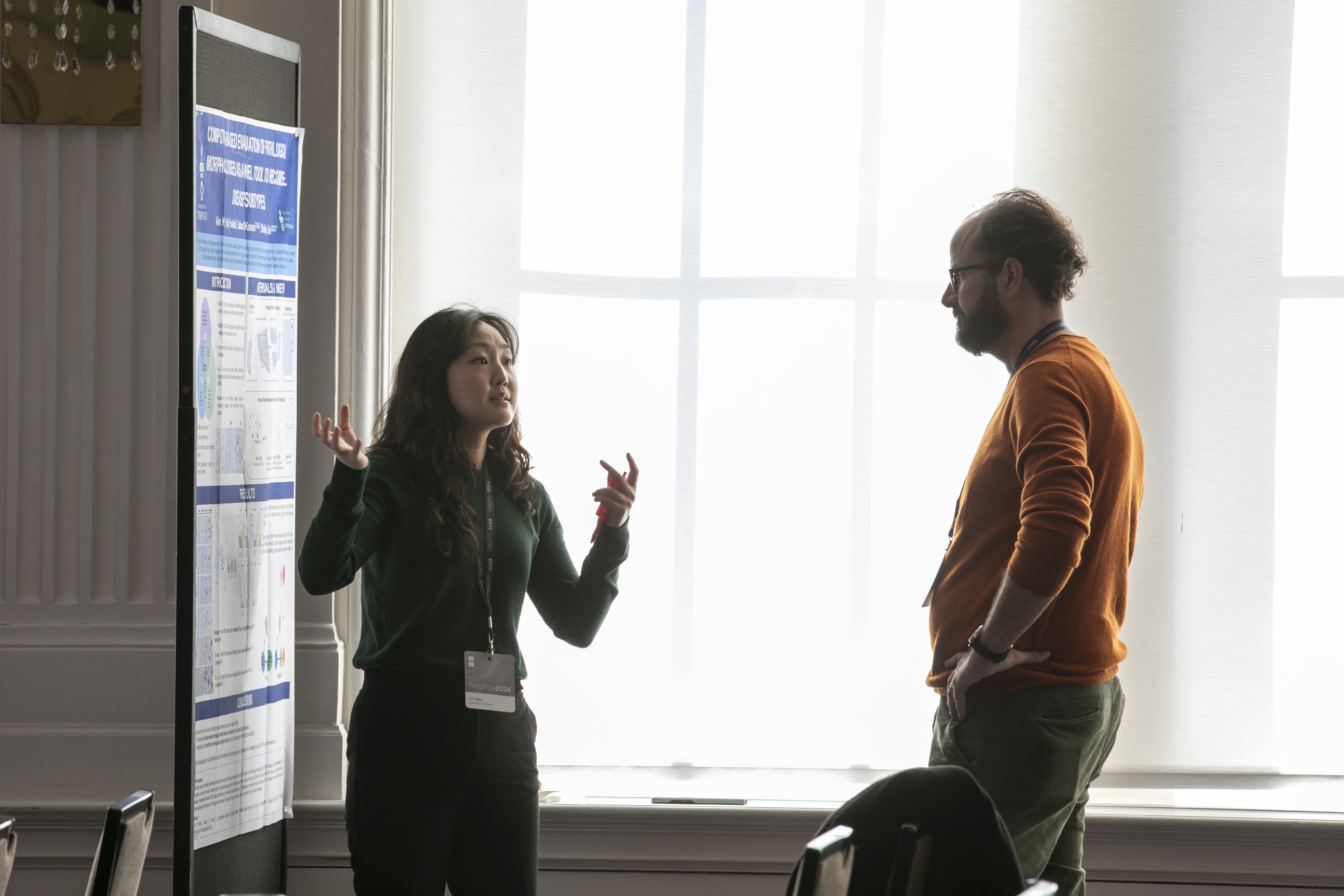
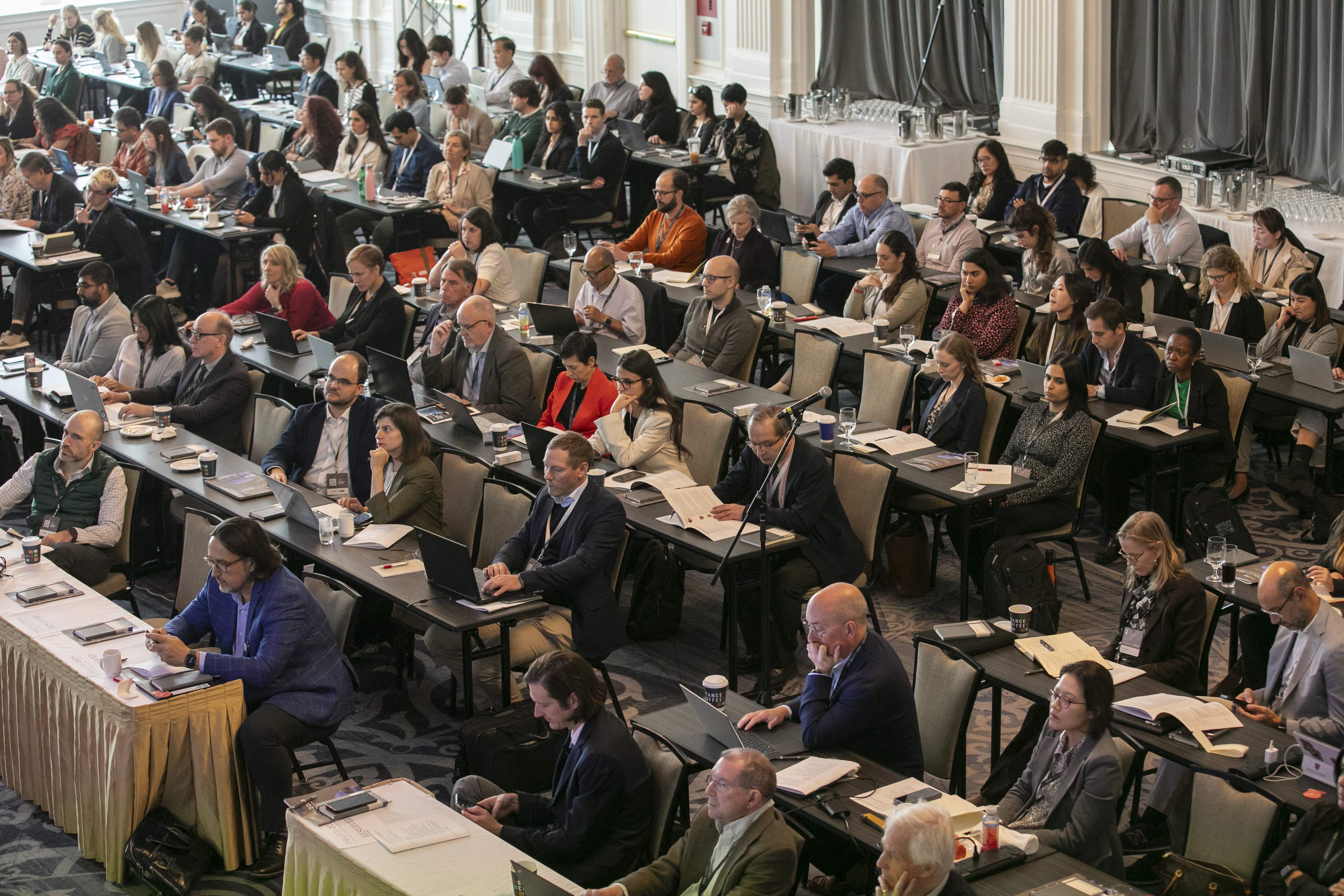
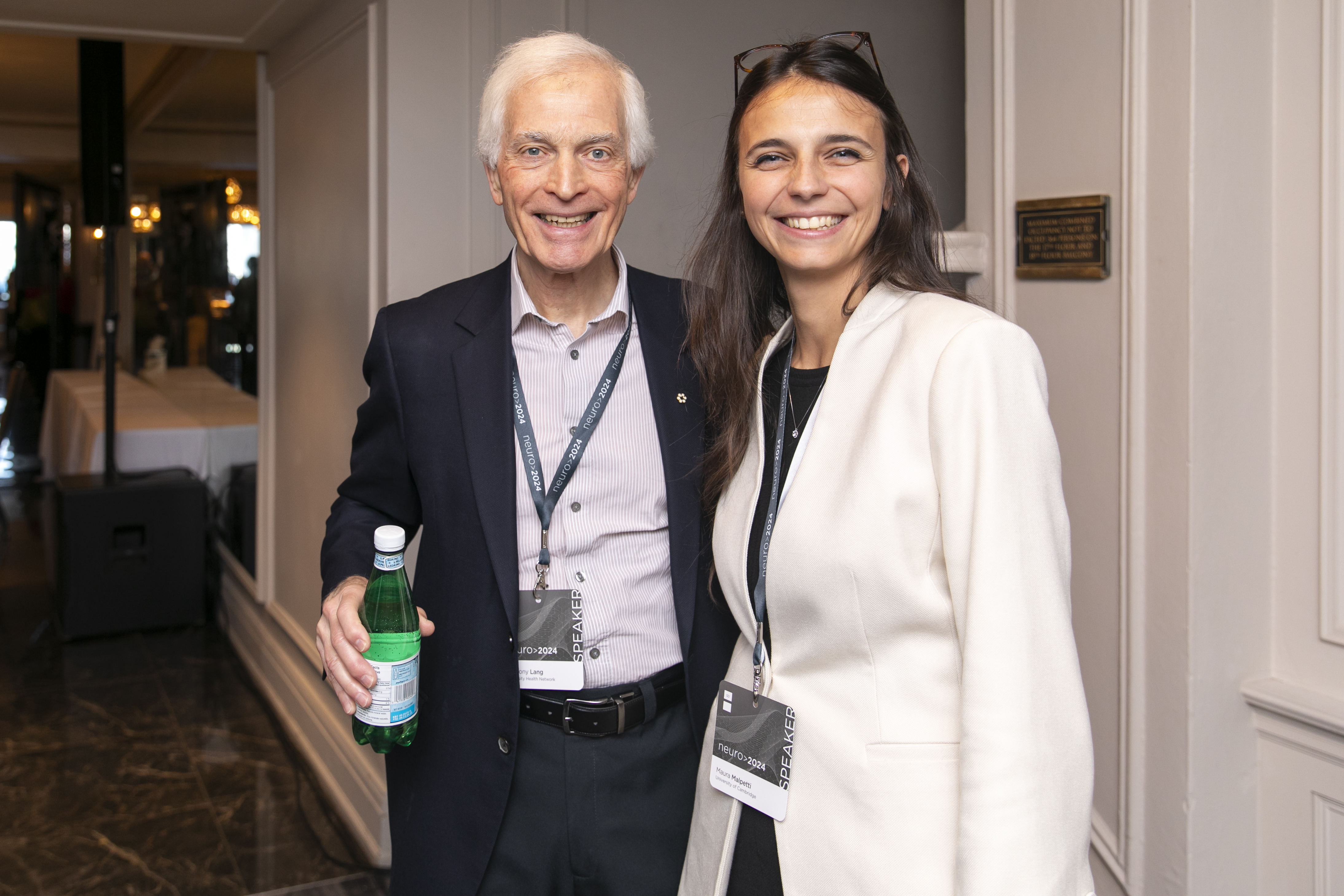
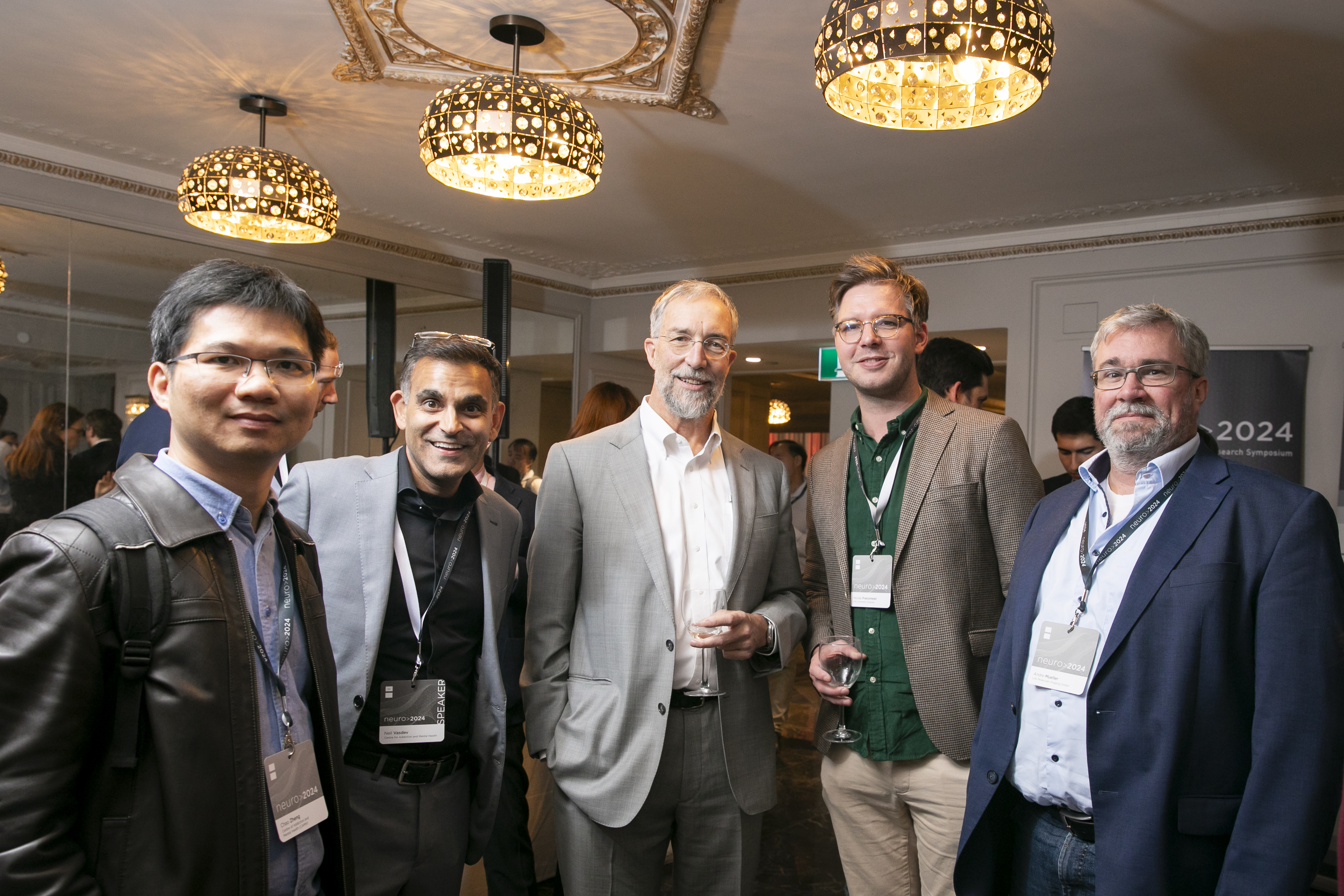
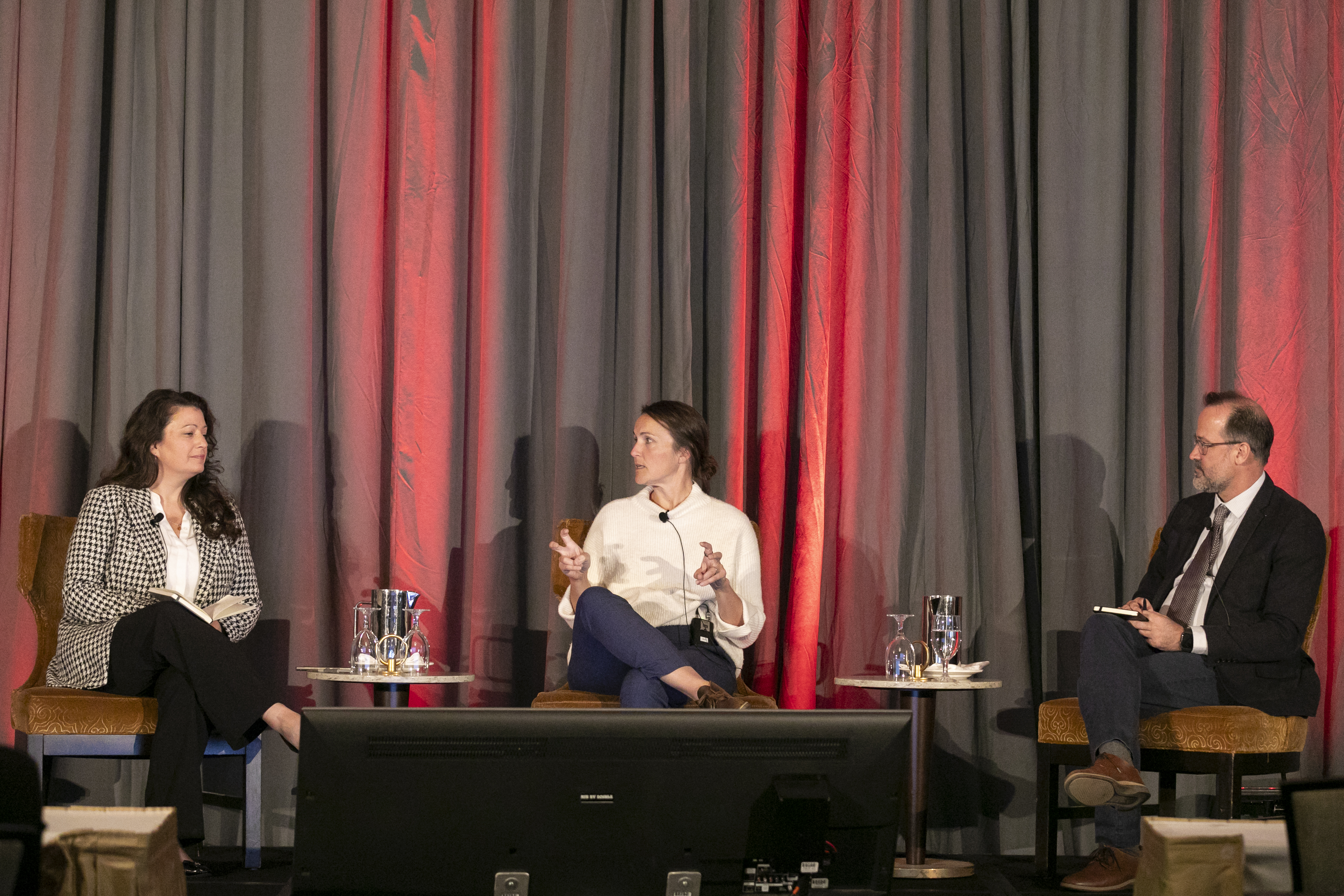
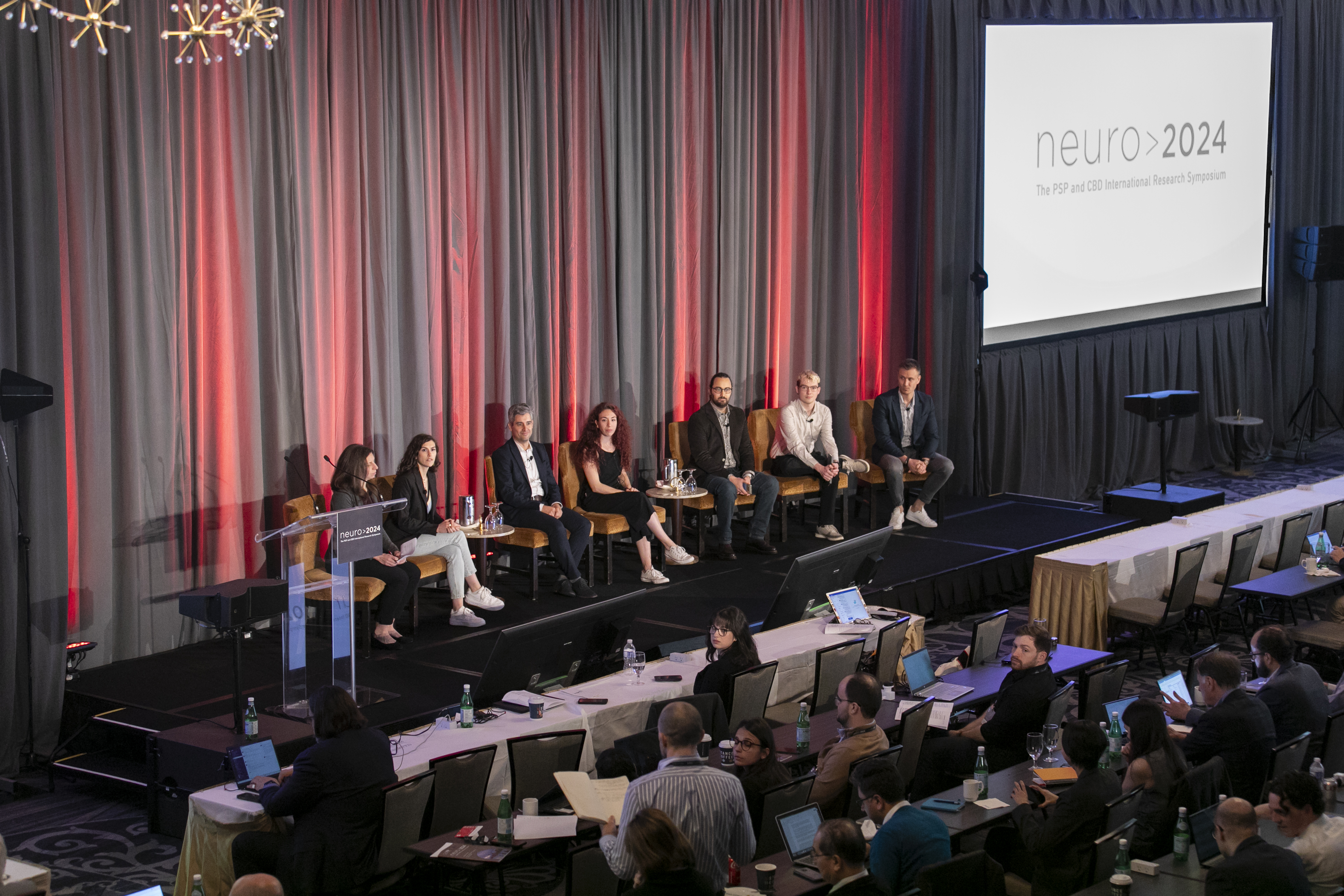
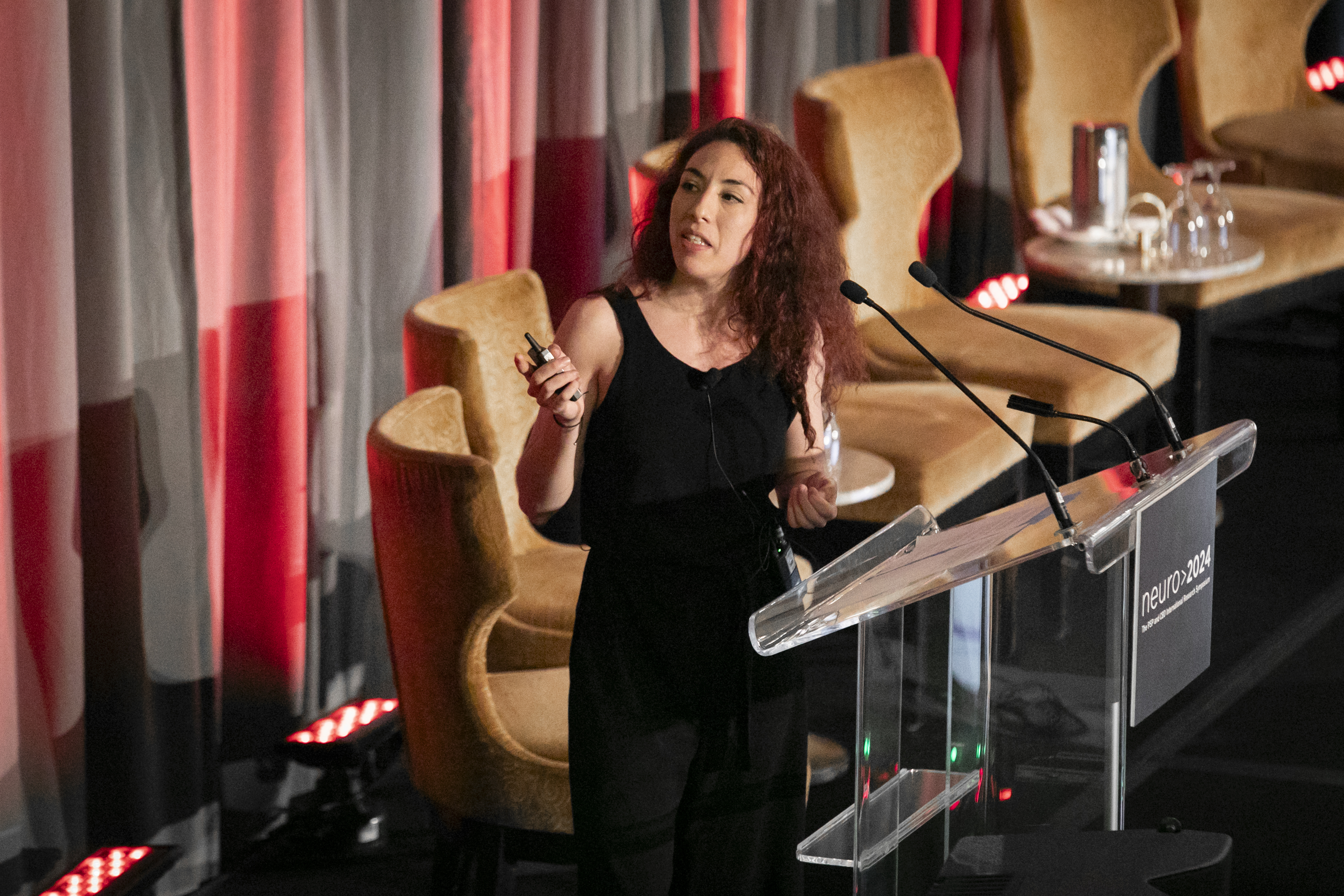
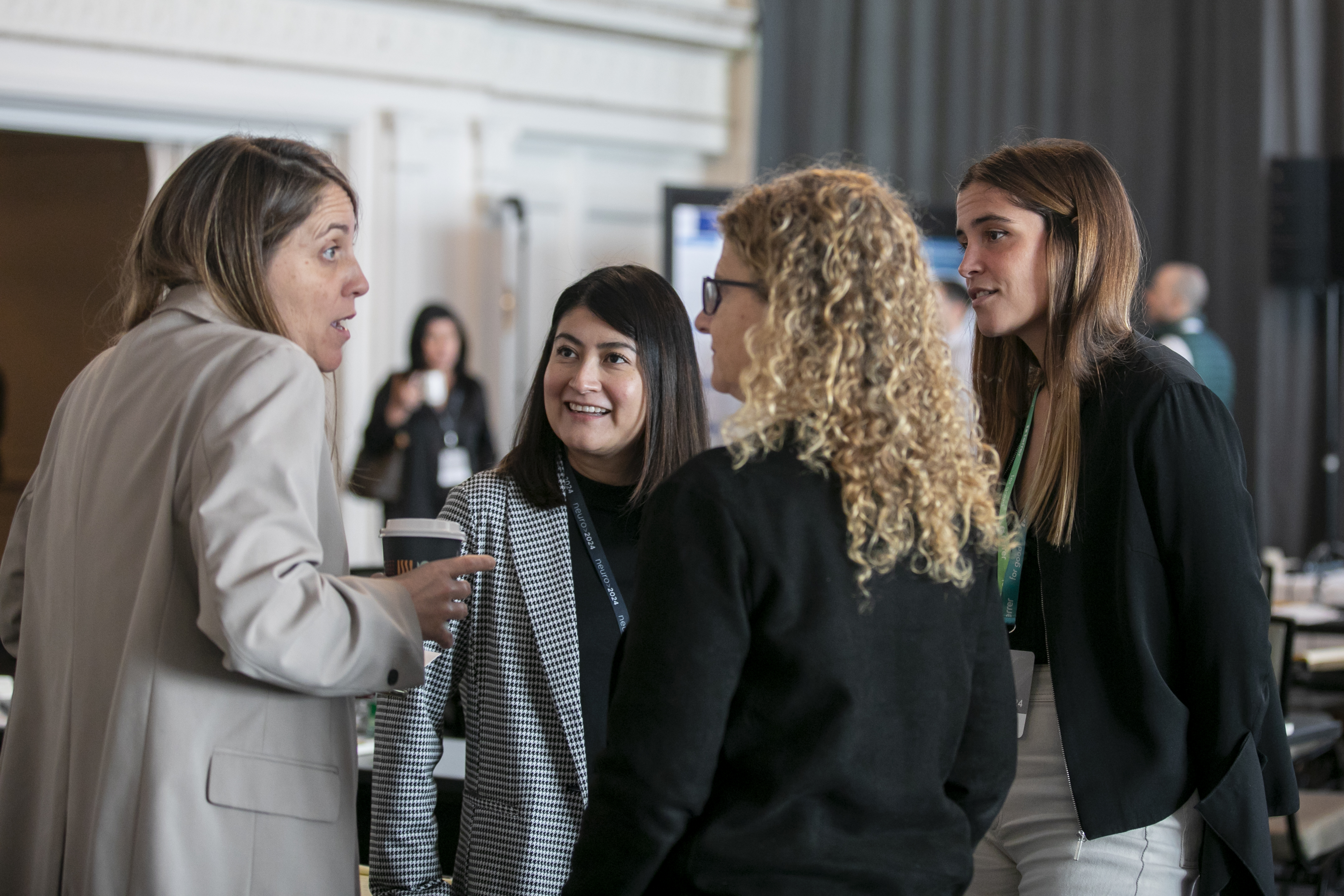
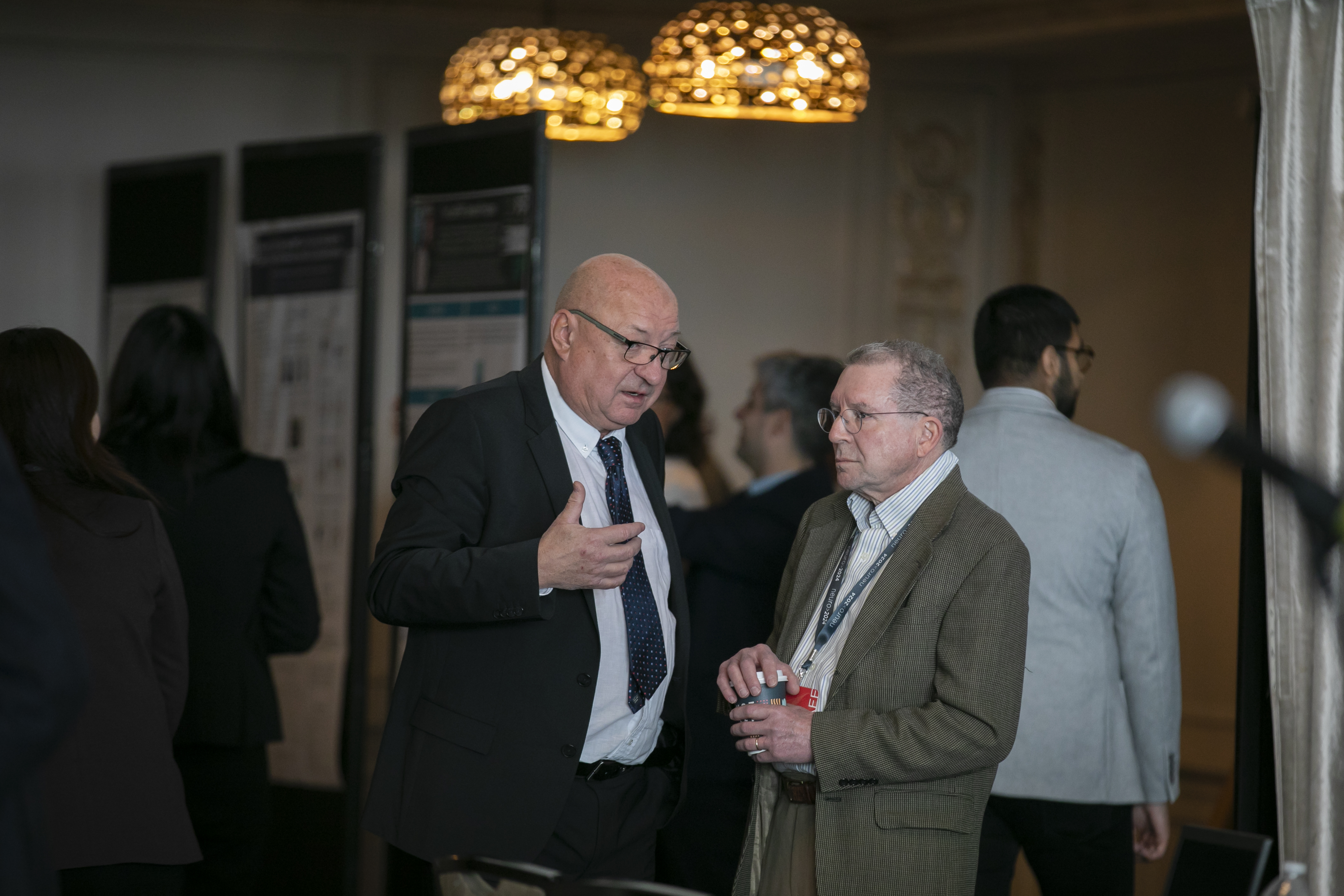
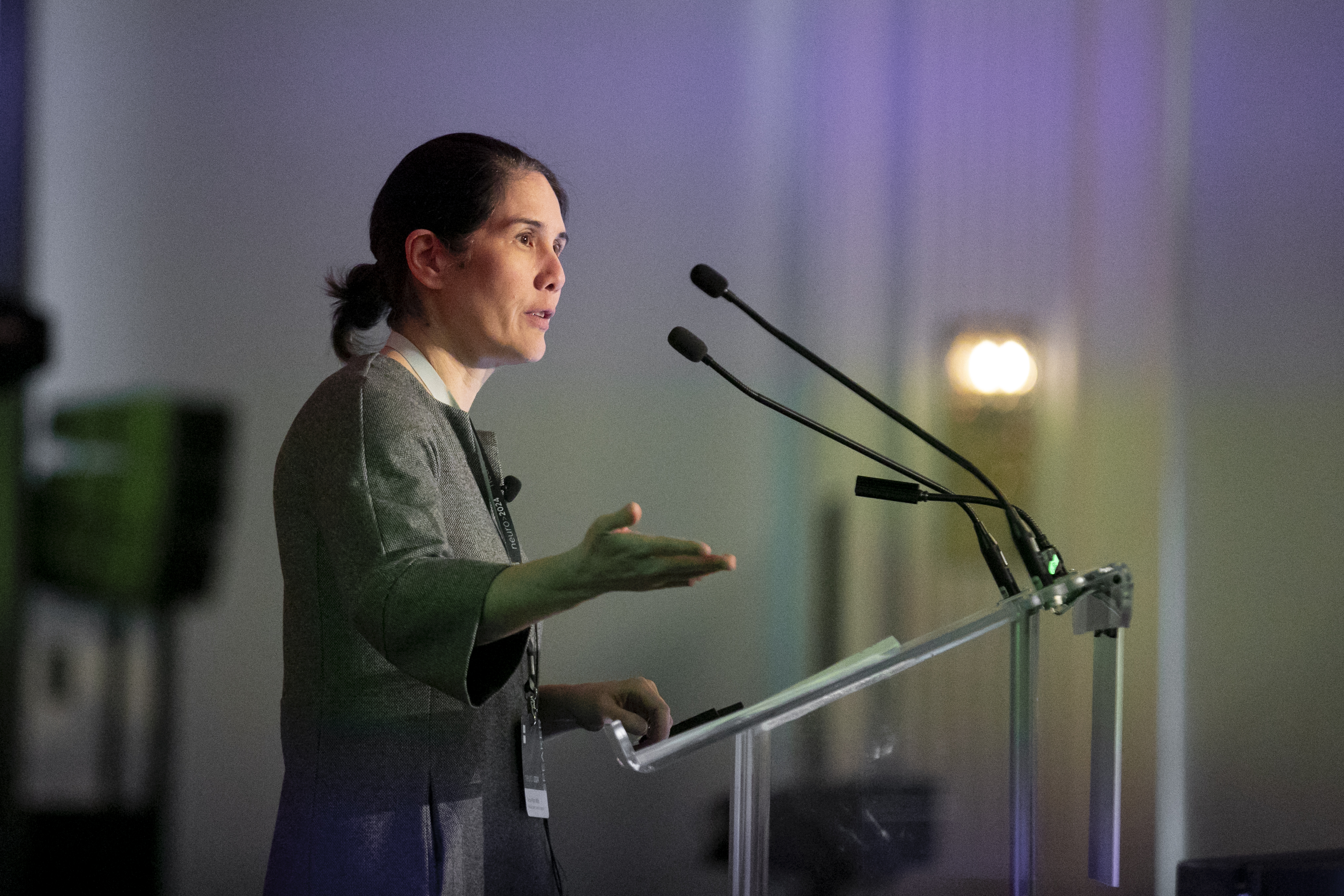
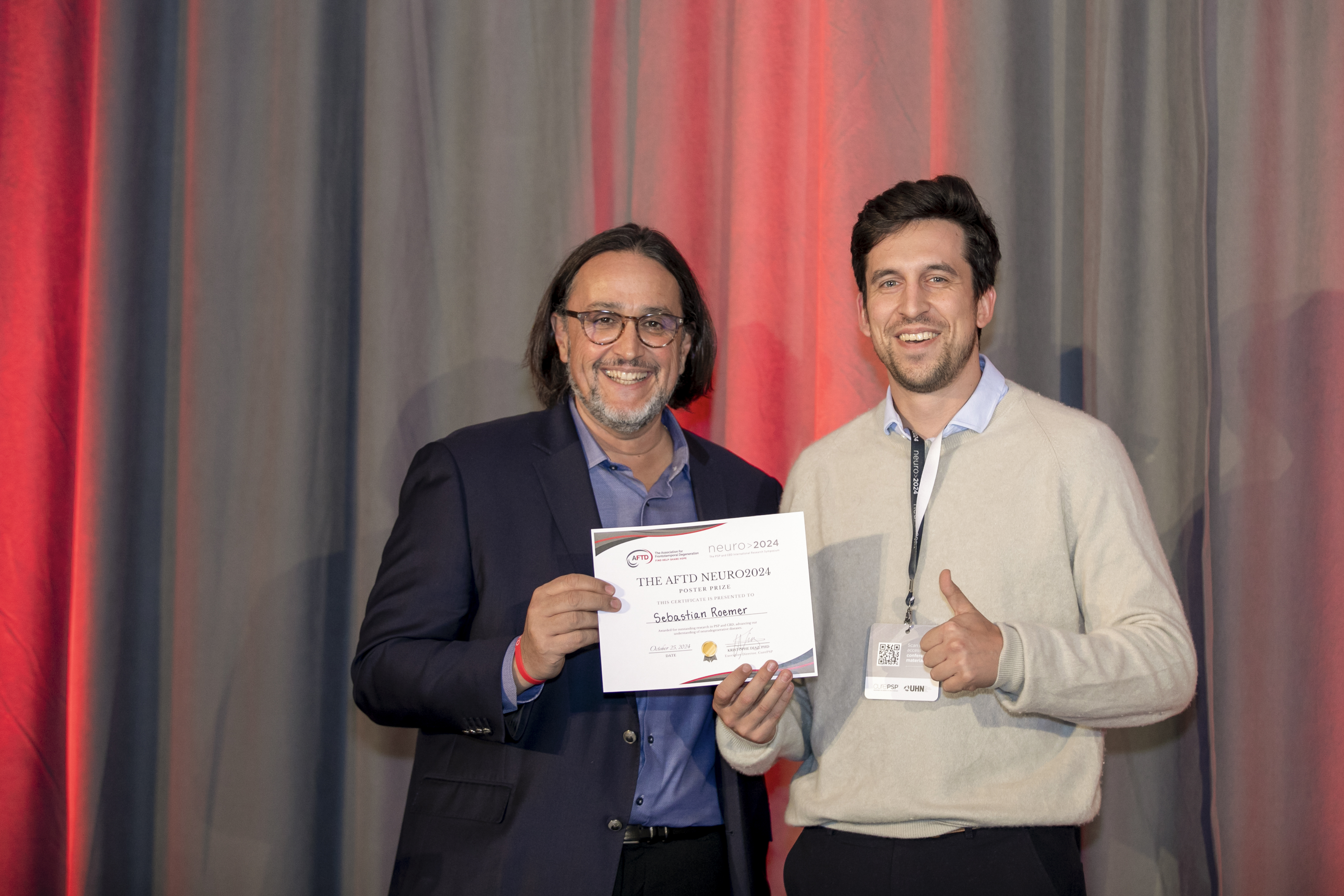
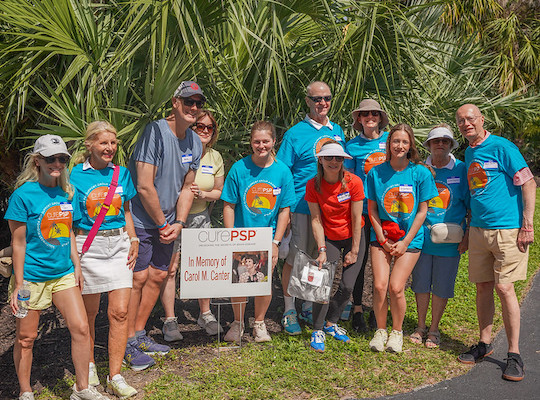
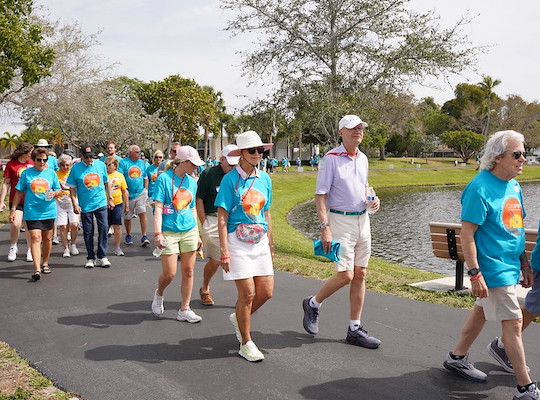
.jpg)
